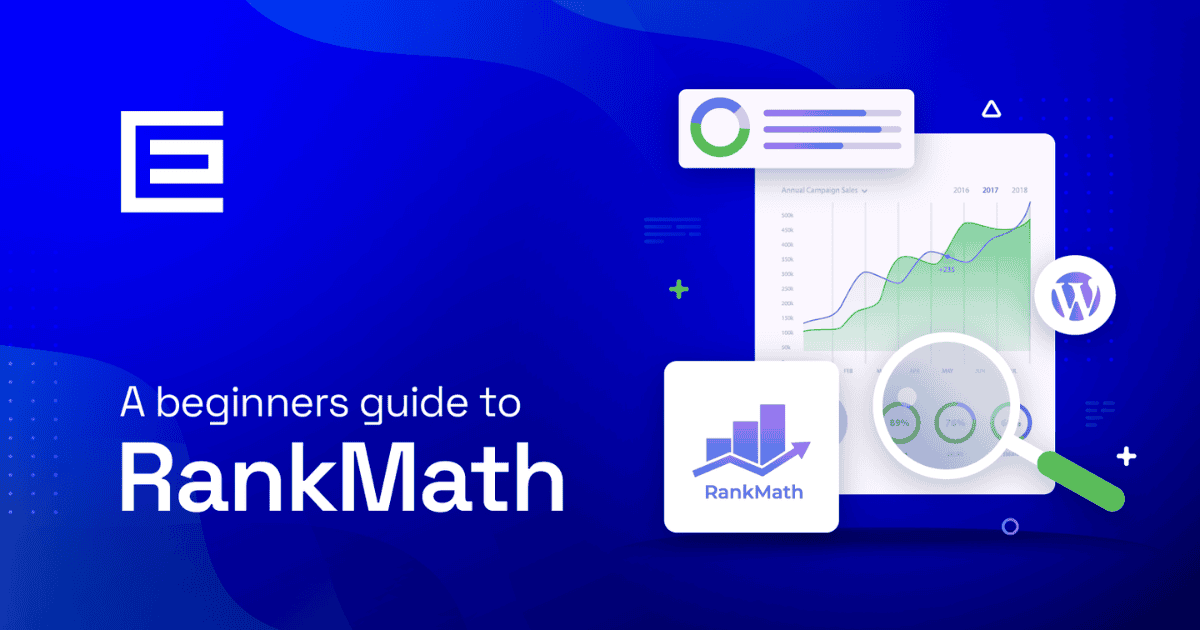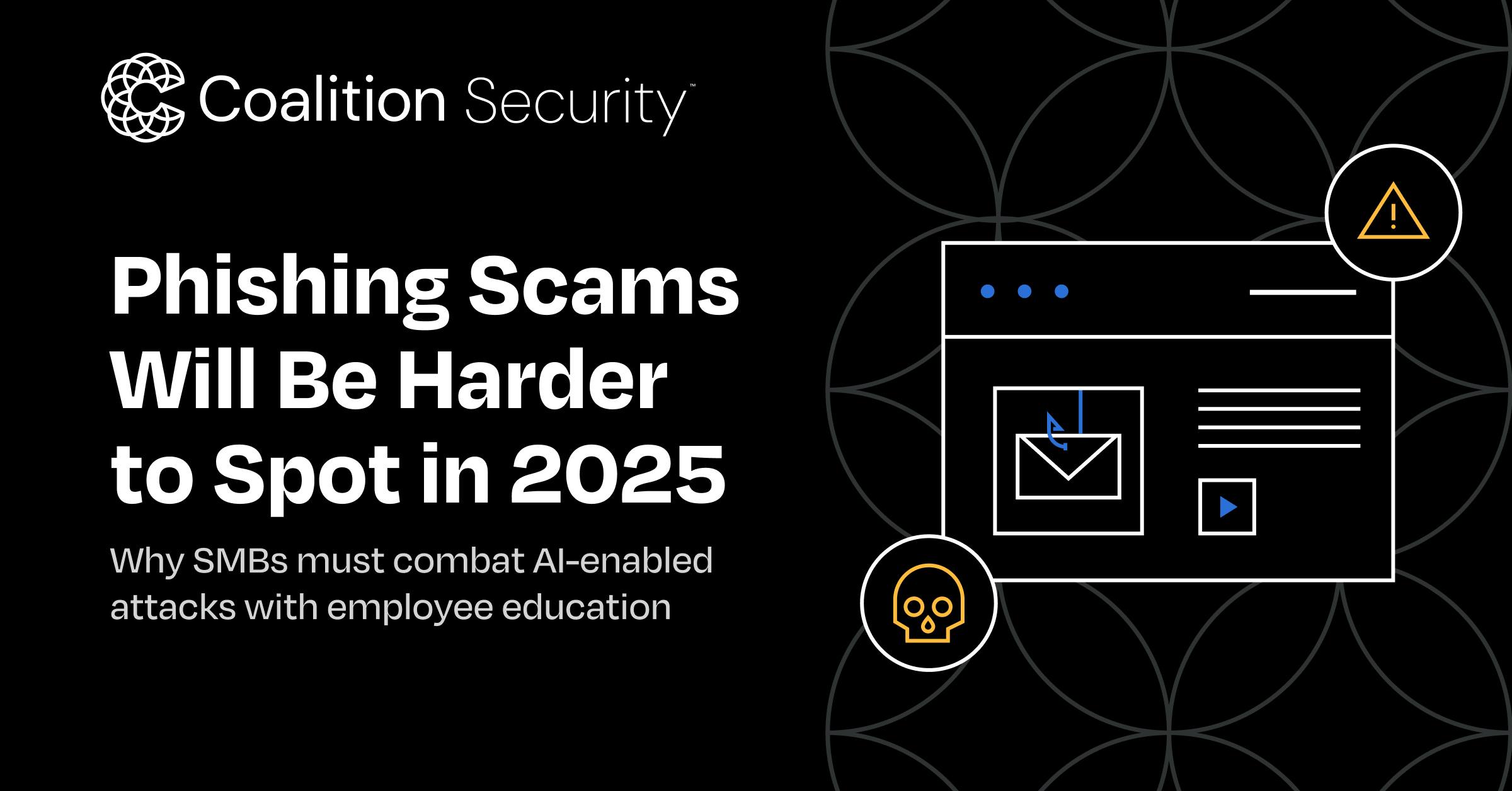The online income world is set to grow even more in 2025, but so are the risks. Every day, new platforms promise quick and effortless gains, yet many hide scams that can cost users money, data, or both. If you’re planning to earn online, being aware of these risks isn’t optional—it’s necessary. Whether it’s fake freelancing jobs or deceptive crypto platforms, knowing the signs of danger could save you. For more insight into legitimate opportunities, check out 7 Ways to Earn Money Online in 2024, which highlights trustworthy ways to start.
The Growing Popularity of Online Earning Platforms
The way we work and earn money is evolving at an unprecedented pace. Online earning platforms have become an essential part of modern life, offering opportunities to a wide range of people. Yet, as their popularity soars, so do the risks they present. Let’s break this down further.
Why More People Are Turning to Online Income Sources
In today’s fast-shifting economy, more people are exploring online earning sources for added flexibility, better income streams, and access to global opportunities. Whether it’s freelancing, selling products, or starting services, online platforms offer options for multiple income streams right from a laptop or smartphone.
Several factors explain this trend:
- Flexibility: Many online jobs let you set your own schedule, making it easier to balance other responsibilities, like parenting or traveling.
- Global Access: You’re no longer limited to finding work locally. People can now connect with clients and markets from across the world.
- Economic Pressures: Rising costs of living have pushed individuals to look for ways to supplement their incomes. Online earning opportunities can bridge the gap.
- Technological Advancements: The rapid growth of high-speed internet and mobile apps has created easier entry points for non-technical users.
For example, platforms like Upwork and Fiverr allow people to monetize their skills in writing, design, or coding. For insight into potential freelance scams to watch for, refer to Common Online Scams Targeting Freelancers in 2024.
The Dark Side of Online Earning: Scams and Risks
Every success story about earning online has a shadowy side that’s often ignored. Not all platforms operate openly, and some are outright fraudulent. Scams can range from simple time-wasters to severe issues like identity theft or financial loss.
Here’s what you need to be aware of:
- Data Theft: Some platforms might ask for unnecessary personal information, which they then exploit. It’s crucial to vet the websites you share sensitive data with.
- Payment Scams: Many people have worked for hours, only to never receive payment. Always check the credibility of the platform and rely on verified third-party reviews.
- Fake Opportunities: Many sites use enticing offers to lure users but provide little to no real opportunity. These schemes ultimately waste precious time with zero return.
Scammers are getting more creative. A recent discussion on Forbes highlights real opportunities versus myths online, offering a balanced view of what you should trust in the gig economy. Always research platforms thoroughly and be skeptical of offers that sound too good to be true.
Identifying credible platforms requires vigilance. Start by studying the platform’s reviews and checking testimonials from actual users. Additionally, avoid clicking on unsolicited emails or pop-ups that promise quick money. If a platform is legitimate, they’ll have clear terms of service and traceable payment systems.
By understanding where potential pitfalls lie, you can protect yourself and focus on genuine, sustainable ways to earn online.
Common Types of Risky Platforms to Avoid in 2025
As the digital economy grows, so do the risks lurking behind seemingly legitimate online platforms. Fraudulent schemes are getting more sophisticated, often presenting themselves as golden opportunities while hiding traps that can cost you your time, money, or data. Let’s outline some of the common platforms to steer clear of in 2025.
Fake Freelancing Websites
Freelancing has transformed lives, but it’s not all good news. Fake freelancing platforms prey on users seeking flexible income opportunities. They lure freelancers with high-paying gigs, only to disappear when it’s time to cut a paycheck. Think about it: you spend hours or even weeks completing a project, only to find out you’ve been ghosted.
Here are some red flags to watch for:
- Upfront Fees: Sites that demand a membership fee or upfront payment often turn out fraudulent.
- Poor Communication: Legitimate clients and platforms have clear communication. Be wary of vague instructions or sudden changes in terms.
- No Verification Process: If the platform doesn’t verify its clients or freelancers, tread carefully. It might be a hub for bad actors.
Protect yourself by sticking to reputable platforms. For a detailed look at online fraud in similar contexts, read How AI Is Transforming Online Fraud and How to Protect Yourself.
Ponzi Scheme Investment Sites
Ponzi schemes aren’t new, but they’ve exploded in the digital age. Investment platforms offering unusually high returns—especially in cryptocurrency or trading—should make you think twice. These scams work by using new investors’ money to pay existing ones, collapsing the moment recruiting slows down.
Common tricks used by Ponzi sites include:
- Promises of Guaranteed Returns: No legitimate investment guarantees profitability. Financial markets are inherently risky.
- Unverified Success Stories: Glowing testimonials from “users” who’ve made thousands are often fake or paid actors.
- Complicated Referral Structures: Schemes that reward you for bringing in others instead of focusing on genuine business models are major red flags.
For more insights, check out Why Crypto Scams Are Skyrocketing in 2024 and Simple Ways to Protect Your Investments. It’s crucial to research before investing in any platform promising quick returns.
Unverified Microtask Websites
Microtask platforms can seem like a quick way to earn cash, but some exploit workers with ridiculously low pay or even outright scams. These websites often target users in need of extra income, offering tasks like surveys, data entry, or small writing assignments.
Here’s how they take advantage:
- Nonpayment: Some sites trick workers into completing tasks and then vanish with no payout.
- Overpromised Earnings: You may spend more time than expected for tasks that barely pay.
- No Terms or Transparency: If there’s no clear information on how you’ll get paid, it’s probably a scam.
Legitimate microtask platforms act transparently and often offer testimonial proof from real users. To avoid exploitation, stick with well-reviewed websites and avoid sites with flashy but vague income claims.
By identifying red flags and doing your homework, you’ll save yourself from costly mistakes. Staying informed is critical—cyber risks are evolving rapidly, as discussed in The Top 10 Digital Risks for Organizations in 2025. Always measure a platform’s trustworthiness before engaging.
Red Flags to Identify Risky Platforms
The rise of online earning platforms has provided us with endless opportunities to generate income. However, not all platforms are created equal—and some are downright dangerous. Spotting these risky platforms isn’t always straightforward, but recognizing certain red flags can help you steer clear of fraudulent schemes. Let’s examine three key warning signs you should watch out for.
Too-Good-to-Be-True Promises
If a platform is offering astronomical returns with minimal effort, that’s your first red flag. These promises are often designed to lure unsuspecting users with fantasies of quick riches, but they rarely hold up under scrutiny.
Some classic tactics risky platforms use include:
- Exaggerated Earning Potential: Claims like “Make $10,000 a week with no experience required!” are almost always deceptive. Genuine platforms will set realistic expectations.
- Overly Attractive Terms: Offers asking for zero upfront investment or guaranteeing returns are usually designed to mislead.
- Emotional Manipulation: Some platforms pressure users into acting quickly, saying offers are for “a limited time only.”
Before engaging, take a closer look at the website’s business model. If something seems suspicious, it probably is. For example, platforms like Exposing Refund Scams provide insights into how scammers prey on desperation and false promises. Stay skeptical and ask questions.
Unclear Payment Policies
One of the first things I check when evaluating an online platform is their payment policy. If the terms for payouts are missing or hard to understand, it’s a clear sign to proceed with caution.
Here’s why transparency is critical:
- Ambiguous Rules: Legitimate platforms always outline how and when payments are processed.
- Hidden Fees: Vague policies often hide extra charges that eat into your earnings.
- Payment Delays: Platforms with unclear timelines for payouts might not pay you at all.
To mitigate risks, look for platforms with clear, publicly accessible payment structures. If the platform cannot answer basic questions about payment timelines, methods, or currency specifics, they’re likely untrustworthy. For further reading, you can learn about similar concerns at Red Flags Risk Platform.
Lack of Reviews or Negative User Feedback
If a platform has few or no reviews, it hasn’t built trust within the user community. Worse, platforms with overwhelmingly negative reviews are red flags waving in your face.
Here’s how you can research effectively:
- Online Reviews: Dig into reviews on trusted platforms to see what past users say. Skip platforms with consistently negative feedback surrounding non-payment or poor user experience.
- Independent Forums: Use forums like Reddit or Quora (such as What Are Some Red Flags to Look Out For on a Website?) to question others who may have experience with the site.
- Lack of Transparency: Platforms without third-party validation or testimonials from real customers often operate in the shadows.
Remember, ignoring warning signs could lead to wasted time or, even worse, lost money. For certain types of scams, such as fake dating platforms, see how to validate their legitimacy in this scam investigation report.
Research is non-negotiable in protecting yourself from falling prey to fake platforms. Quality reviews and active communities can ensure you find platforms that stick to their promises—ones that don’t just take, but deliver value in return.
Proven and Safer Ways to Earn Money Online
Navigating the world of online income offers countless opportunities, but separating reliable avenues from potential traps is essential. The key is to focus on methods that have proven to be trustworthy, structured, and less risky. Below are some of the best and most secure ways to make money online while ensuring your efforts yield real rewards.
Freelance Marketplaces with Verified Clients
Freelancing remains one of the most accessible ways to earn money online, with platforms like Upwork, Fiverr, and Toptal leading the way. These websites are designed to connect clients and freelancers, offering a layer of protection that keeps transactions transparent. What makes these platforms stand out is their commitment to verifying both clients and service providers, reducing the chances of payment disputes or fraudulent jobs.
Why Use Verified Platforms in Freelancing?
- Client Reviews: Platforms like Fiverr allow freelancers to check client ratings before taking on a project.
- Secure Payment Systems: Payment holds ensure freelancers get paid once the job is completed and approved.
- Dispute Resolution: In the rare case of an issue, platforms often offer built-in resolution mechanisms.
By leveraging established freelance marketplaces, you not only build a professional portfolio but also avoid hasty decisions that lead to scams. For a detailed comparison of online earning paths, you can check out my article on 7 Ways to Earn Money Online in 2024, which dives deeper into freelance options.
Selling Knowledge Through Online Courses
If you have a knack for teaching or a specialized skill, creating and selling online courses can generate passive income. Platforms like Udemy and Teachable make it possible to share your expertise with a global audience. Best part? You don’t need to be a professional educator—just passionate about what you’re teaching.
These platforms handle most technical requirements such as hosting, payment processing, and even marketing in some cases. Once your course is live, it has the potential to reach thousands of learners, repeatedly generating income with little ongoing effort.
How to Succeed with Online Course Platforms
- Choose a niche you know well—whether it’s graphic design, cooking, or coding.
- Start small; your first course doesn’t need to be perfect. Iterating over time leads to better results.
- Invest in good production quality. While expensive lighting isn’t necessary, clear audio and precise visuals can greatly affect customer reviews.
The online education space is growing fast. According to industry insights mentioned on NerdWallet, selling digital products like courses ranks among the top low-risk online ventures. If done right, teaching online can be rewarding both personally and financially.
Building and Monetizing a Blog or Website
Although it requires time and patience, creating a blog or website offers endless opportunities to generate income. From affiliate marketing and ad revenue to selling your own products, blogs are a fantastic way to establish a presence and earn steady profits. Think of it as planting a seed—you’ll nurture it before seeing significant results, but the rewards can last for years.
Simple Steps to Monetize Your Blog or Website
- Choose the Right Niche: Focusing on topics you’re passionate about ensures long-term content consistency.
- Diversify Income Streams: Mix different monetization methods like banners, sponsored posts, or partnerships.
- SEO Optimization: User-friendly, search-optimized content drives organic traffic, making it easier to scale earnings.
Quick tip: Avoid spreading yourself too thin initially. Focus on solidifying your blog’s authority in one niche before expanding.
For more inspiration on how to profit from blogs, take a look at the post 7 Ways to Earn Money Online in 2024. Long-term success often boils down to consistency and aligning strategies with your skills.
The key to safe online earnings lies in using platforms that prioritize transparency, reviews, and credibility. By choosing trusted methods like freelancing, creating online courses, or starting a blog, you can effectively bypass risks and ensure every hour spent yields tangible returns.
How to Protect Yourself from Fraudulent Platforms
Protecting yourself from fraudulent platforms is more important than ever, especially as online scams grow in sophistication and scope. With personal and financial information at risk, remaining vigilant can make all the difference. Following these key strategies will significantly reduce your chances of falling victim to online scams.
Conducting Thorough Research
Before using any platform, the first step is to dig into its details. Knowing exactly who you’re dealing with prevents headaches later. Think of it like meeting someone new; you’d want to know their background before making commitments.
Start by checking these essential details:
- Platform Credentials: Review the company’s website for licenses or certifications. Many legitimate platforms have accreditation or partnerships with industry authorities.
- Ownership Transparency: Always search for information on the platform’s owners or operators. Platforms without disclosed ownership are often high-risk.
- User Agreements: Carefully read the terms and conditions for red flags, particularly hidden fees or overly complex language.
Doing your homework might feel tedious, but it’s a crucial layer of protection. Trustworthy platforms usually hold up well to scrutiny, with clear terms and a history of positive user experiences. For example, checking How AI is Transforming Online Fraud and How to Protect Yourself sheds light on evolving threats and how technology plays a role in identifying scams.
Adopting Strong Cybersecurity Practices
Even the most reliable platform doesn’t protect you if your personal information is vulnerable. Good cybersecurity habits are your armor against fraudsters who prey on users’ weaknesses.
Here’s how you can stay one step ahead:
- Secure Passwords: Use unique, strong passwords with a combination of letters, numbers, and symbols. Avoid using the same password across multiple platforms.
- Two-Factor Authentication (2FA): Enabling 2FA provides an additional layer of security, making it harder for attackers to access your accounts.
- Avoid Phishing Attacks: Be wary of emails or messages asking for personal details or telling you to “act now.” Phishing attempts often look convincing, but hesitation and verification can save you trouble.
If you’re wondering how scams evolve, consider exploring government resources like Avoiding Scams and Scammers for updates and official tips. Additionally, platforms without proper safety measures, such as SSL certificates or secure payment gateways, aren’t worth your time.
Staying cautious is the foundation of protecting your finances and personal data online. Fraudulent platforms rely on users letting their guard down, but with these practices, you can outsmart even the craftiest scams. Protect your peace of mind by staying informed and proactive about your online safety.
Conclusion
The promise of online earnings in 2025 is exciting, but the risks are equally real. From fake freelancing platforms to Ponzi schemes and unverified microtask websites, scams come in many forms. Knowing how to identify red flags, such as exaggerated promises or unclear payment policies, is key to protecting yourself.
While the dangers are significant, legitimate earning opportunities do exist for those who proceed cautiously and stay informed. Always vet platforms thoroughly, prioritize transparency, and seek reviews from credible sources. If you’re new to online income or looking to enhance your strategy, start with 7 Ways to Earn Money Online in 2024 for trusted recommendations.
Your vigilance today ensures sustainable and safe earnings tomorrow. So research carefully, trust your instincts, and make thoughtful choices to maximize your online success.






